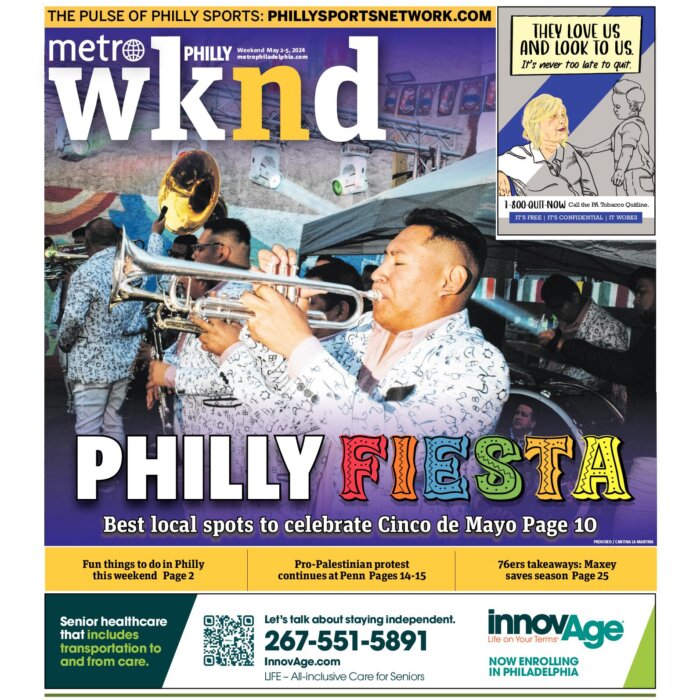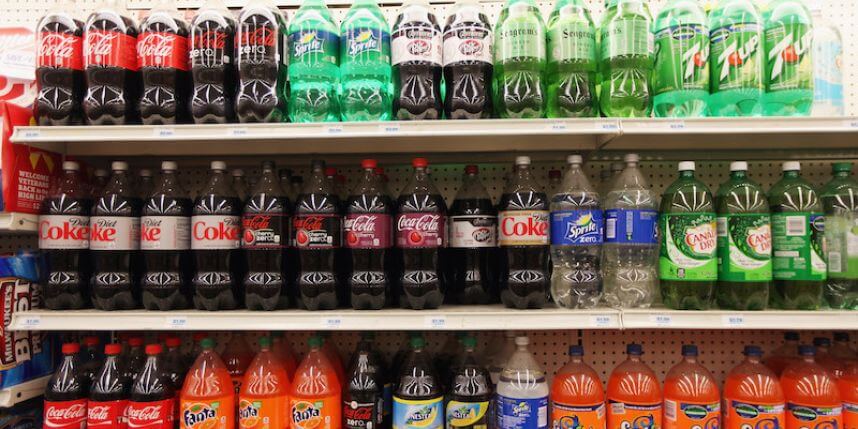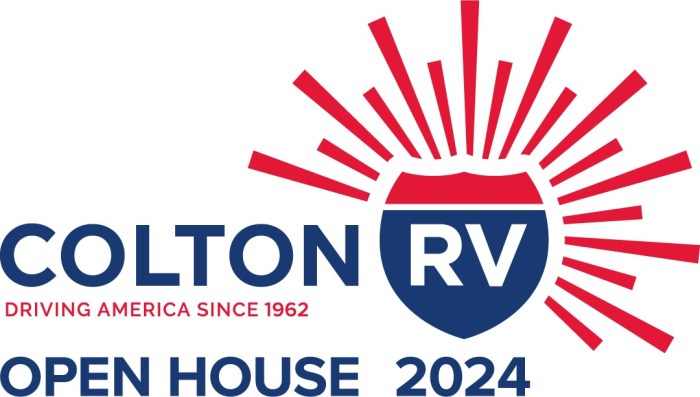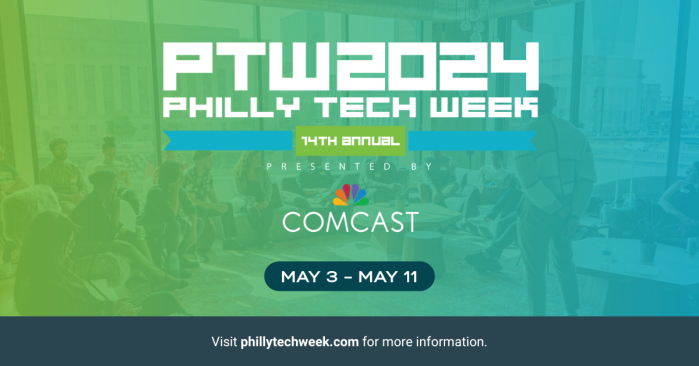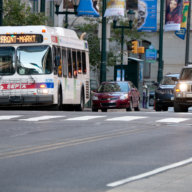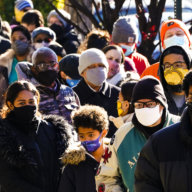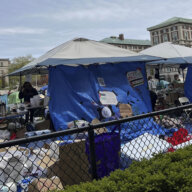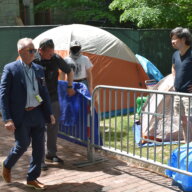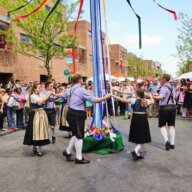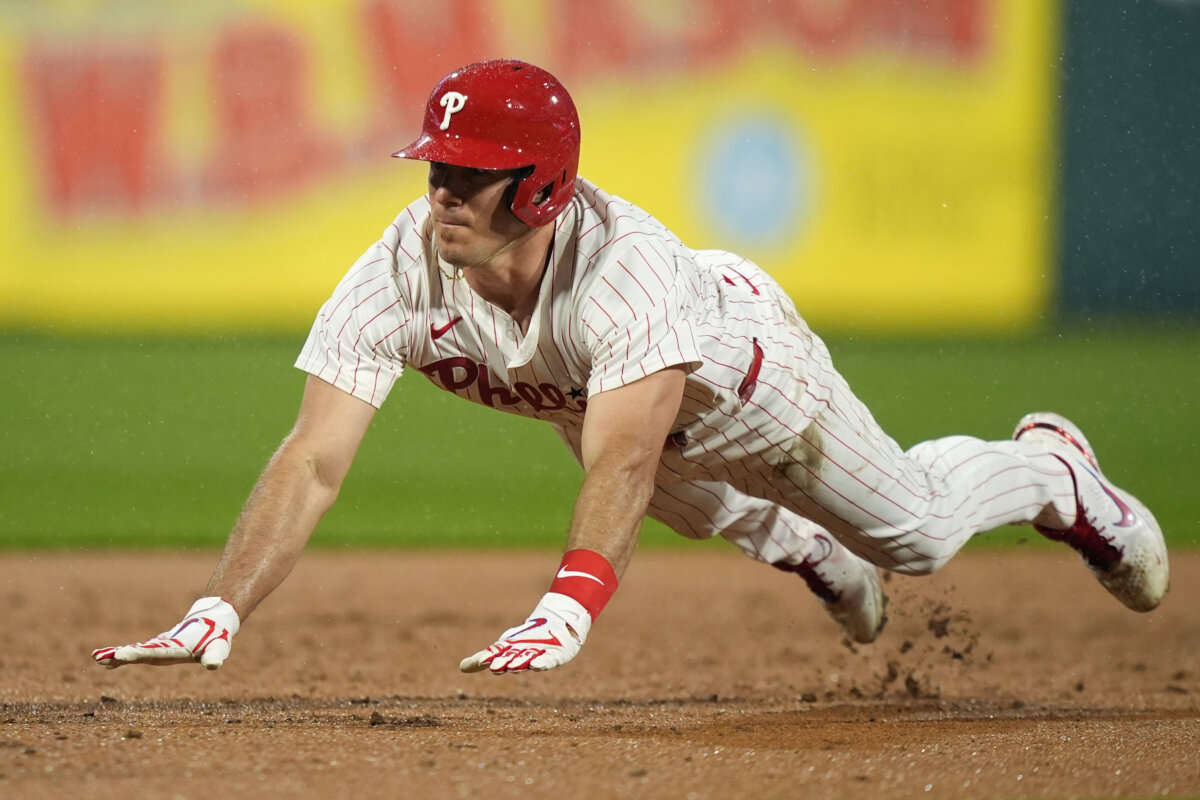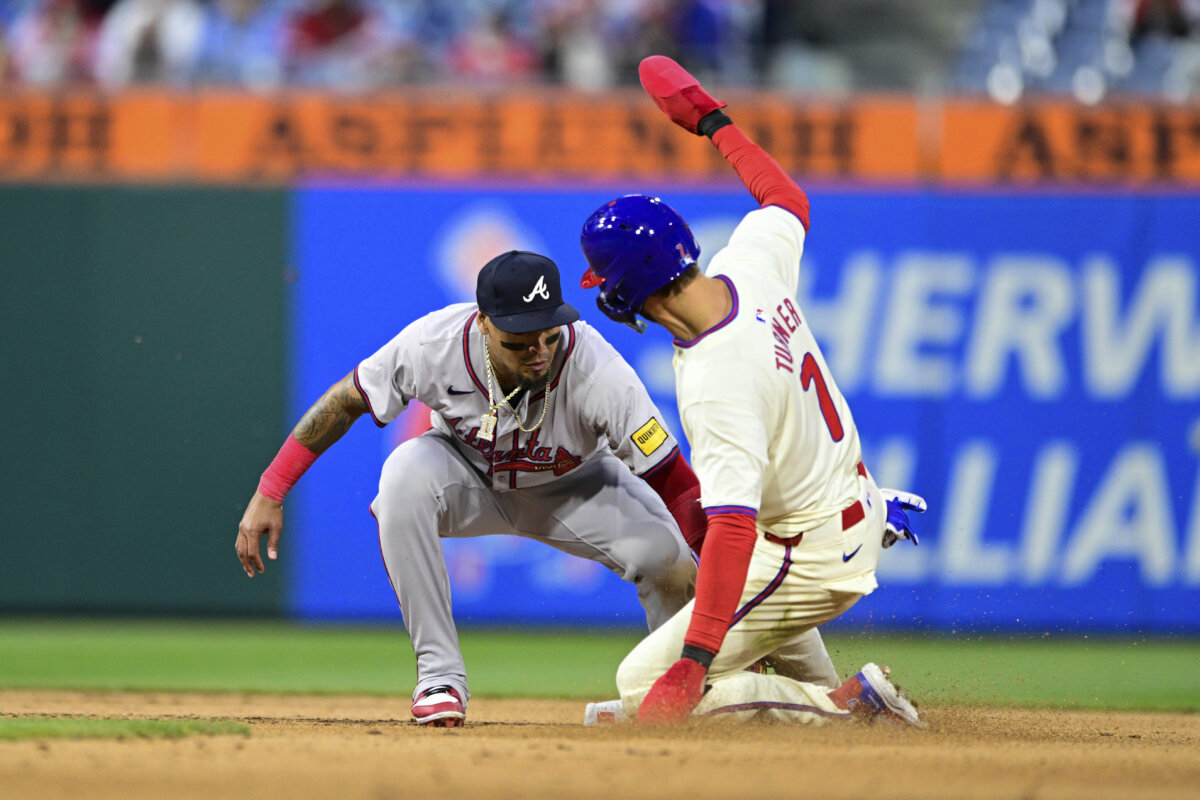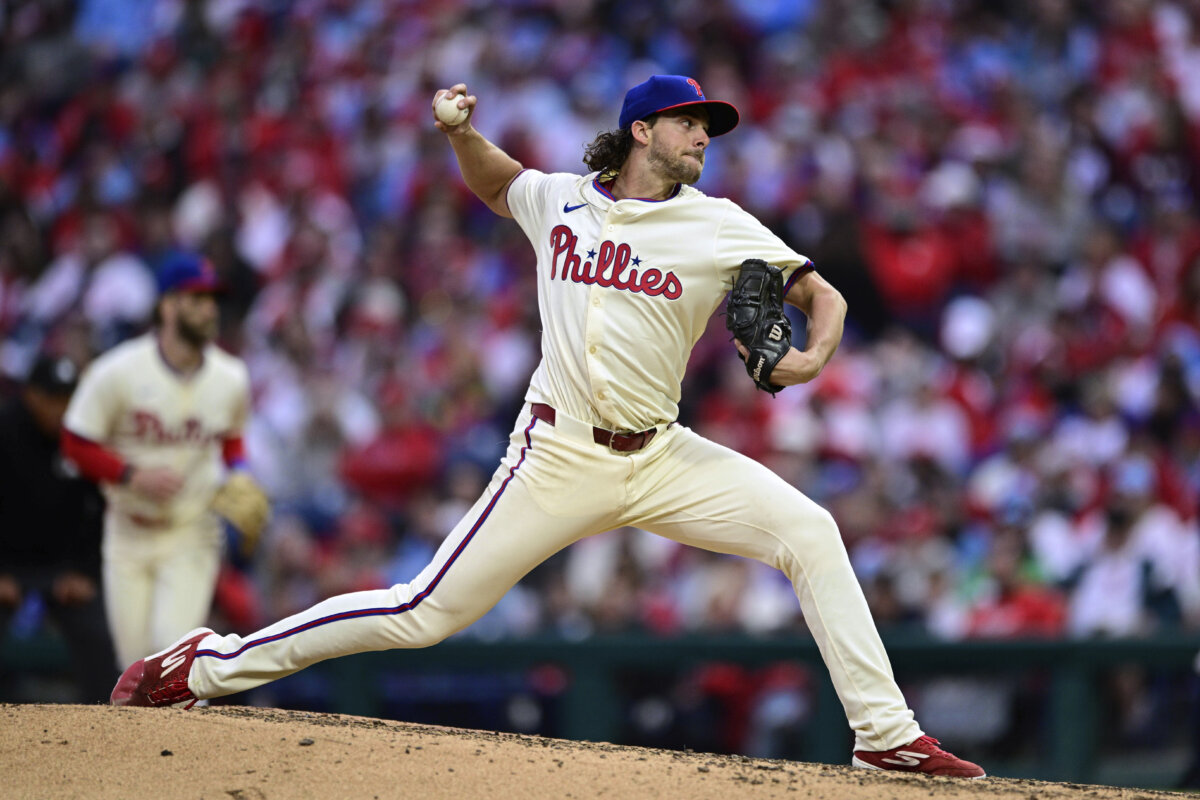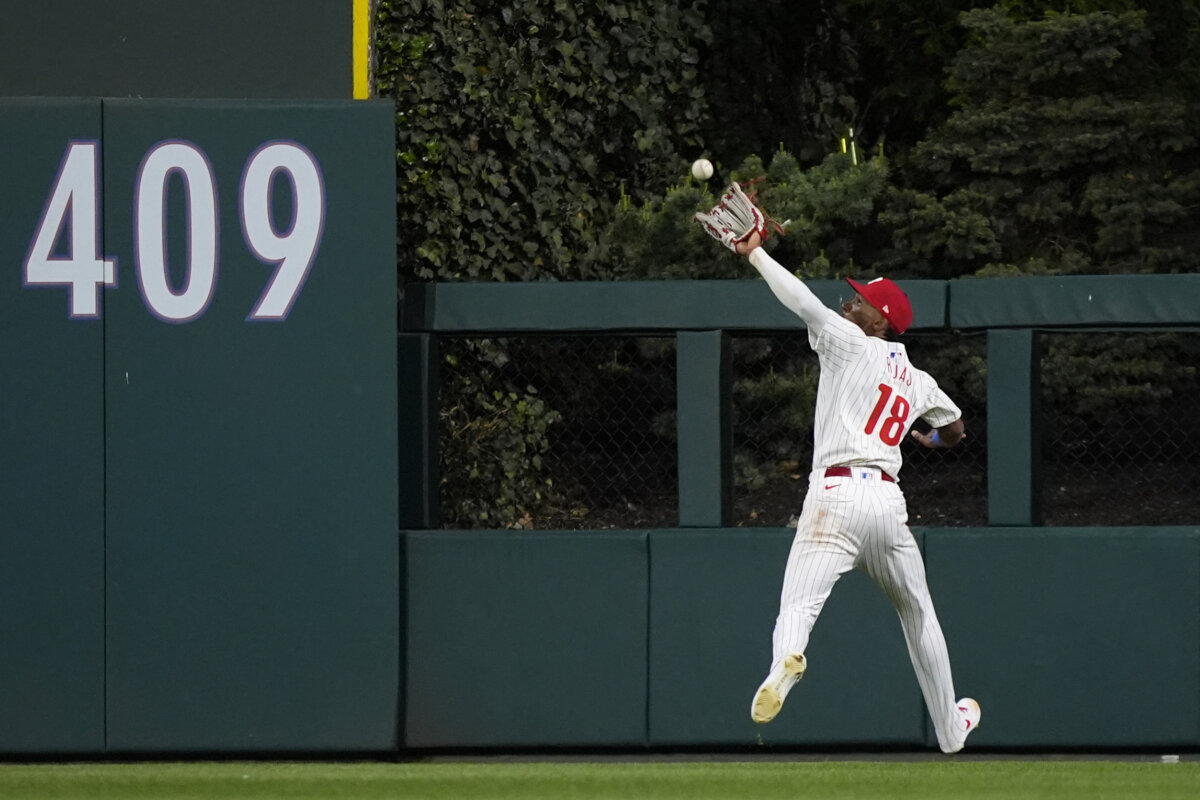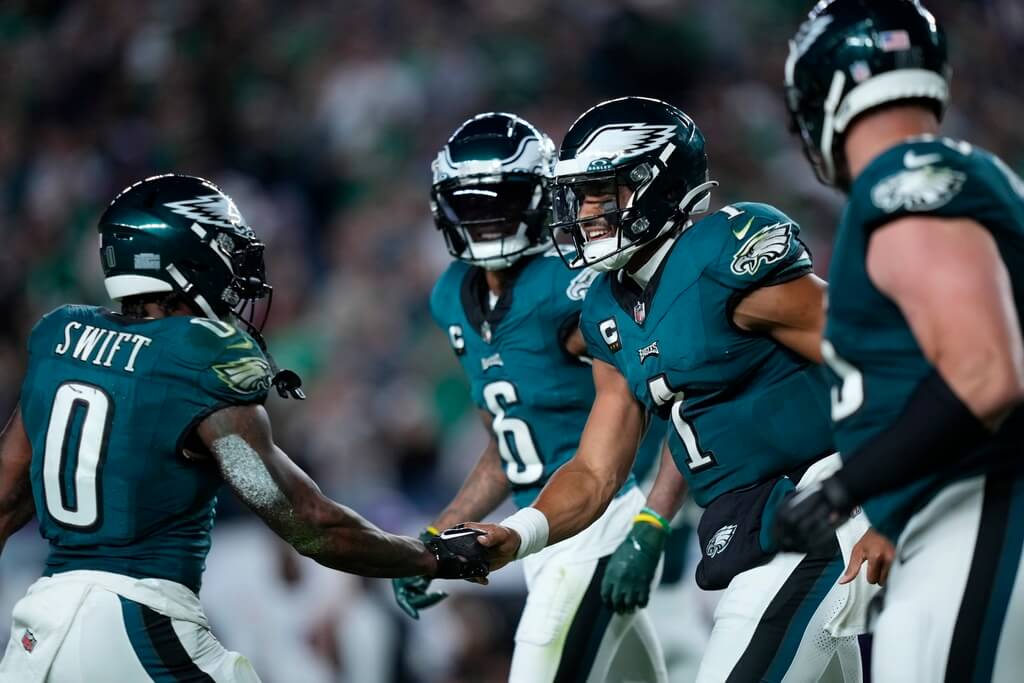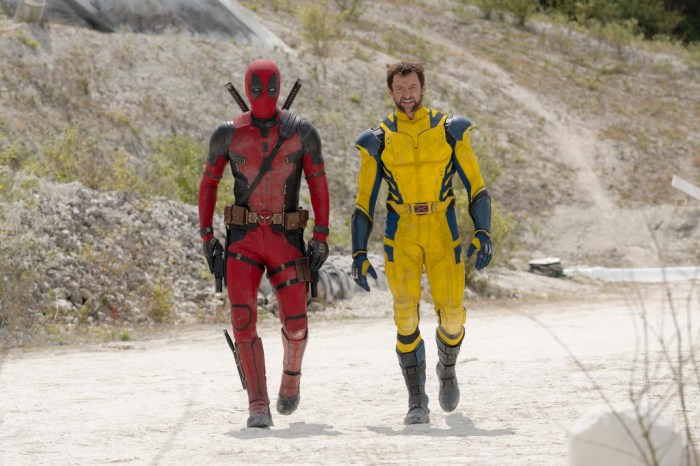Nearly two full years after Philadelphia’s soda tax first went into effect, the tax has collected an estimated $137 million in revenue, and the city is just now scheduled to break ground Thursday on the first “Rebuild” project funded by the tax.
Mayor Jim Kenney, City Councilman Curtis Jones Jr. and other leaders will gather at Parkside Fields in West Fairmount Park at 2 p.m. Thursday for a ceremonial ground-breaking of two new athletic fields for youth sports activities.
Rebuild, the planned renovations to parks, rec centers and libraries throughout the city, is one of the tax’s key purposes, along funding community schools (so far 12 exist) and universal pre-K programs (so far, 2,250 Pre-K seats have been funded by the city).
Rebuild is now getting underway after the soda tax – aka the Philly Beverage Tax, technically a 1.5cent-per-ounce tax on all sweetened drinks including diet sodas and some non-soda drinks which went into effect in January 2017 – was upheld by the Pennsylvania Supreme Court in July despite soda-industry-funded legal challenges.
But in a new release of city financial data, City Controller Rebecca Rhynhart noted again that more than $100 million of the $137 million of revenues yielded so far from the tax are held in the city’s General Fund and suggested that a “segregated” fund for soda tax revenue “would ensure that revenue is spent only on earmarked programs and would promote transparency.”
Mayor Kenney’s spokesman Mike Dunn responded that the suggestion of a segregated fund “is a red herring that again plays into the beverage industry’s attempt to portray the use of the General Fund as something nefarious.” He called keeping the revenues in the General Fund a “basic budgetary process.”
Rhynhart’s office found that a total of roughly $137 million has been generated by the tax, but the majority, $101.2 million, “has not yet been spent and remains in the General Fund,” they said. (The numbers are broken down in an online, downloadable data set.)
According to Rhynhart, the most spending went to Pre-K with $31.7 million (23.2 percent, primarily spent on contracts and leases). Community schools got $3.5 million (2.5 percent, primarily spent on payroll), and Rebuild got $605,431 (0.4 percent, mostly on payroll), she said.
Dunn said Rhynhart’s report’s methodology is flawed by including revenues from the first quarter of Fiscal Year 2019, instead of going by the full year. He noted that some costs were not included in the report, like $3 million for enforcement of the tax, $1.6 million in fringe costs, and unspecified amount of expected debt service for Rebuild bonds issued within the past month.
“We have always said that revenues would outpace spending in the early years of the program, but that, after the programs ramped up, spending would eventually be greater than the amount of revenue generated by the tax,” Dunn said. “We agree transparency on these transformative programs, and the innovative way the City has chosen to pay for them, is important. And that’s why it is crucial that the picture painted by these numbers is not distorted to fuel the relentless efforts of the beverage industry to eradicate the tax and the important programs that it funds.”
Rhynhart’s office said they chose to release data on soda tax revenues “due to overwhelming interest from the public in the tax and the programs that the tax funds.” Her office is accepting suggestions for further data set releases online at controller.phila.gov.
